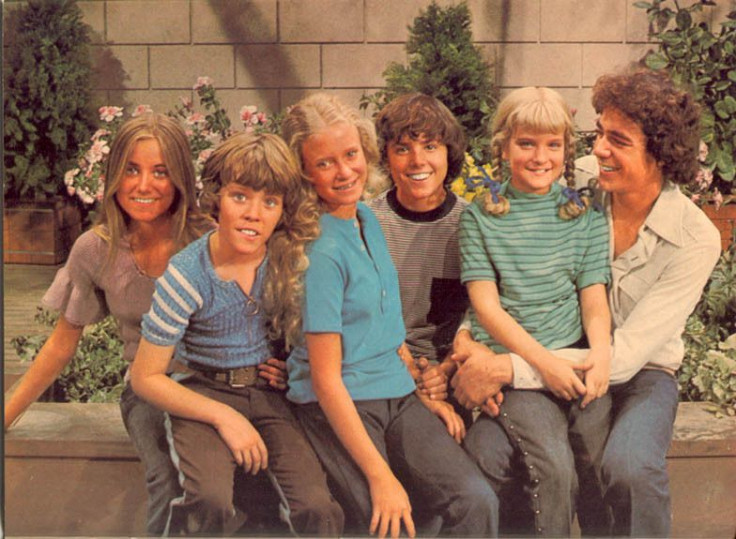Middle Child's Day Raises Awareness Of 'The Forgotten One' In The Family; Does Birth Order Put Child's Health At Risk?

You may be able to relate to Jan Brady — “Marcia, Marcia, Marcia" — if you yourself are a middle child.
The sad truth is that if you're a middle child, you've got a lot of sterotypes to fight. People consider middle children to be the most envious, least bold, and least talkative of all birth orders, at least according to findings from a Stanford University study. The participants of the study were undergraduate students who were told to complete questionnaires by rating only children, firstborns, middleborns, lastborns, and themselves on a five point scale along with other personality descriptions.
But these common stereotypes don't prove anything about how middle children really are.
“Although middles are neglected, both by parents and researchers, they actually benefit from this in the long run,” said Katrin Schumann, co-author of The Secret Power of Middle Children to PsychologyToday. Schumann believes this very neglect and lack of praise is what motivates the middle children to become more independent and driven compared to their siblings.
In honor of Middle Child’s Day, Medical Daily explores whether birth order can be a risk factor for developing health issues later in life.
Read More: Children With Half-Siblings More Likely To Engage In Drug Use And Sex Early In Life
Birth Order: The Middle Child Syndrome
Kevin Leman, psychologist and author of The Birth Order Book, believes that the "middle child syndrome" can greatly influence an individual’s personality, especially in middle children who tend to be the exact opposite of the child born just before them in the family. For example, if the eldest child is an overachiever, the middle child tends to be less motivated and less likely to succeed, according to Leman. The second born or middle child tends to steer away from the first born’s personality and adopt their own distinct identity because they are often ignored or forgotten among their older and younger siblings. Therefore, the neglect experienced by the middle child prompts them to turn to the world outside of their family – their friends – for attention and stronger social interactions, shares Dr. Maynard Brusman, consulting psychologist and executive coach of Working Resources.
Since the middle child is not given the adequate attention at home or deemed unique by their family, this can lead them to have lower self-esteem. However, this level of self-esteem can become a positive trait in the long run, because they do not have huge egos. “Self-esteem is not as critical as our society believes,” said Schumann to PsychologyToday. A realistic sense of self-esteem is valued more than high self-esteem since having a huge ego is not linked to better performance in activities or more success in life.
Middle children tend to be more social and flexible than their other siblings. This trait makes them good negotiators because of their ability to understand both sides of a situation. However, their empathy can also harm their health because it can easily cause them stress, said Schumann. .
Read More: Children With Stomachaches Found Predisposed To Social Anxiety As Adults;
The Middle Child Is Often More Successful Than Their Siblings
“Middle children are more likely than their siblings to be successful and enjoy strong social lives and flourishing careers,” said Schumann to the DailyMail. According to Schumann and Dr. Catherine Soloman, author of the book The Secret Power of Middle Children, common personality traits of the middle child include:
- Empathy
- Independence
- Articulacy
- Creativity
- Eagerness to please
These characteristics develop in early childhood when the perceived neglect and abandonment leads the middle child to develop survival-like traits to cope with being the second born. This child’s position in the family birth order has created some of the nation’s most successful leaders, entrepreneur,s and talented people.
Read More: Children Diagnosed With ADHD Could Actually Have OCD
Notable Middle Child Public Figures
Noteworthy Former Middle Child U.S. Presidents
Schumann and Dr. Soloman found that more than half of all U.S. Presidents since 1787 were middles, including:
- Thomas Jefferson
- Abraham Lincoln
- Teddy Roosevelt
- John F. Kennedy
Noteworthy Middle Child Peacemakers
- Nelson Mandela
- Martin Luther King
If you are a middle child, embrace your inner Jan Brady; chances are you are an independent and fair-minded individual, and have just as much opportunity for success as anyone.



























